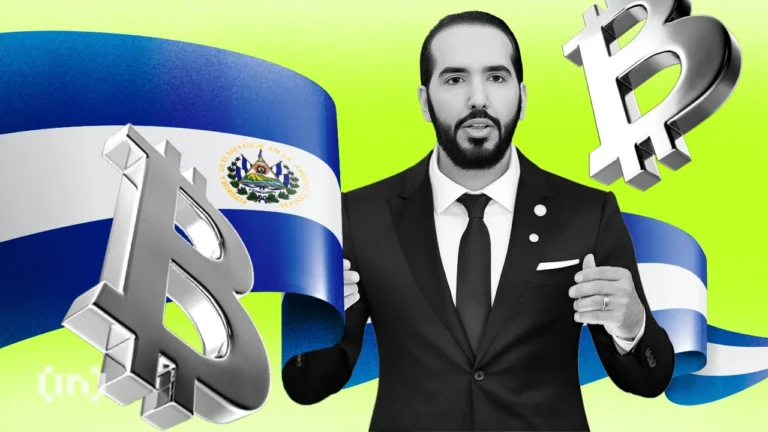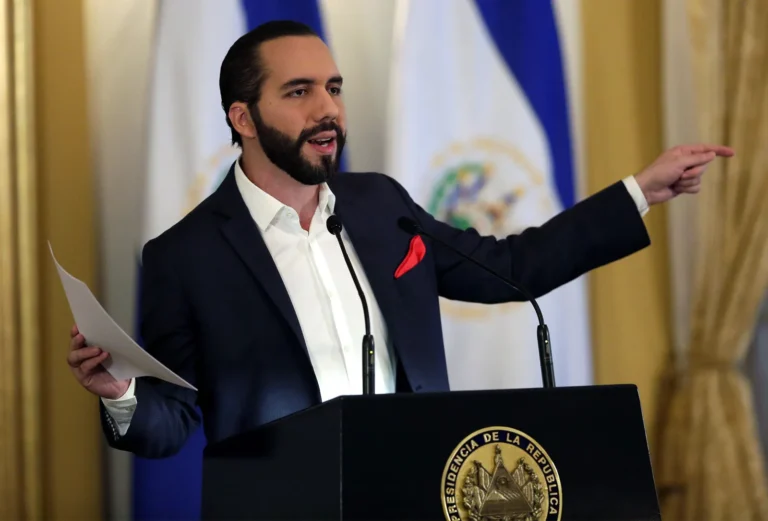Imagine a country where Bitcoin isn’t just a digital currency, but the backbone of an entire economic system. This is what Maya Parbhoe, a presidential candidate in Suriname, envisions for her nation. Parbhoe’s plan is to transform Suriname into a “Bitcoin nation” that’s even more crypto-embedded than El Salvador under President Nayib Bukele. If she wins the 2025 elections, Parbhoe wants to make Bitcoin legal tender and build a new financial system that eliminates corruption and puts power back in the hands of the people. But why is this so important, and why should you care?
Why Bitcoin and Why Now?
Parbhoe’s vision goes beyond making Bitcoin just another currency. Her mission is to tackle corruption head-on by using Bitcoin’s transparency to expose and prevent financial manipulation. Suriname, like many countries, struggles with a corrupt government and weak financial systems. Parbhoe believes that Bitcoin can act as a tool to fix these problems and create a more honest and accountable system.
Her strategy is clear:
- Make Bitcoin Legal Tender: Within her first year as president, Parbhoe plans to gradually replace Suriname’s national currency, the Surinamese dollar, with Bitcoin. All salaries would be paid in Bitcoin, and the country would operate on a Bitcoin-based economy.
- Dismantle the Central Bank: Parbhoe aims to privatize public services and eliminate the central bank, which she believes has failed to support the country’s financial growth.
- Bitcoin Bonds and Deregulation: By issuing Bitcoin bonds, Suriname could raise funds to support the country’s development without relying on traditional, corrupt financial institutions.
Parbhoe’s Personal Motivation: A Fight Against Corruption
What drives Parbhoe is not just economic reform—it’s deeply personal. Her father, Winod Parbhoe, was murdered after uncovering a massive corruption scandal involving money laundering through Suriname’s largest bank. This tragic event pushed Maya to dedicate her life to fighting the corruption that took her father away.
Her painful past fuels her commitment to creating a transparent government. By using Bitcoin’s open-source technology, she believes Suriname could track and expose corruption, from public officials to private businesses, ensuring that every dollar spent by the government is traceable.
Steps Parbhoe Took to Build Momentum
- Getting Into Politics: Parbhoe’s path to running for president started when she realized that corruption was blocking her country’s future. After working with key figures like Samson Mow, who helped make Bitcoin legal in El Salvador, she realized that to make Bitcoin a reality in Suriname, she needed to step up and run for office.
- Corruption Blockages: Despite early support from Suriname’s president to adopt Bitcoin, Parbhoe uncovered attempts by government officials to block the move. One adviser asked for a bribe, and a massive Bitcoin mining operation was secretly consuming vast amounts of energy. These revelations pushed her to go public with her fight, risking her personal safety and even receiving death threats.
- Reforming the Electoral System: Suriname recently reformed its electoral system to ensure that every vote counts equally, eliminating electoral fraud and giving Parbhoe a fair chance to win. This new system could make her dream of a Bitcoin-based economy more attainable.
Why This Matters to You
Parbhoe’s vision isn’t just a local issue—it could be a blueprint for other countries looking to escape the grip of corruption and inefficient financial systems. By understanding Parbhoe’s strategy, you’ll see how Bitcoin can serve not just as a way to store value, but as a tool for political and economic transformation.
Here are some key takeaways to remember:
- Bitcoin as a Transparency Tool: Bitcoin’s blockchain ensures that every transaction is public and irreversible, making it impossible to hide illicit activities.
- The Power of Decentralization: By removing centralized control (like a central bank), Bitcoin can give power back to the people.
- A Vision of Radical Change: Parbhoe believes in using Bitcoin to rebuild her country from the ground up, starting with education and dismantling corrupt systems.
Why Should You Care?
As a young person interested in the future of technology and finance, understanding Parbhoe’s plan shows how crypto isn’t just about investing—it’s about changing the world. It’s a chance to learn how blockchain and decentralized finance can challenge entrenched power structures and create fairer systems. Parbhoe’s bold move could inspire future leaders to harness crypto’s power for social good.
Her journey highlights the transformative potential of crypto to bring about political change and a transparent economy—ideas that could redefine how nations operate in the digital age.



